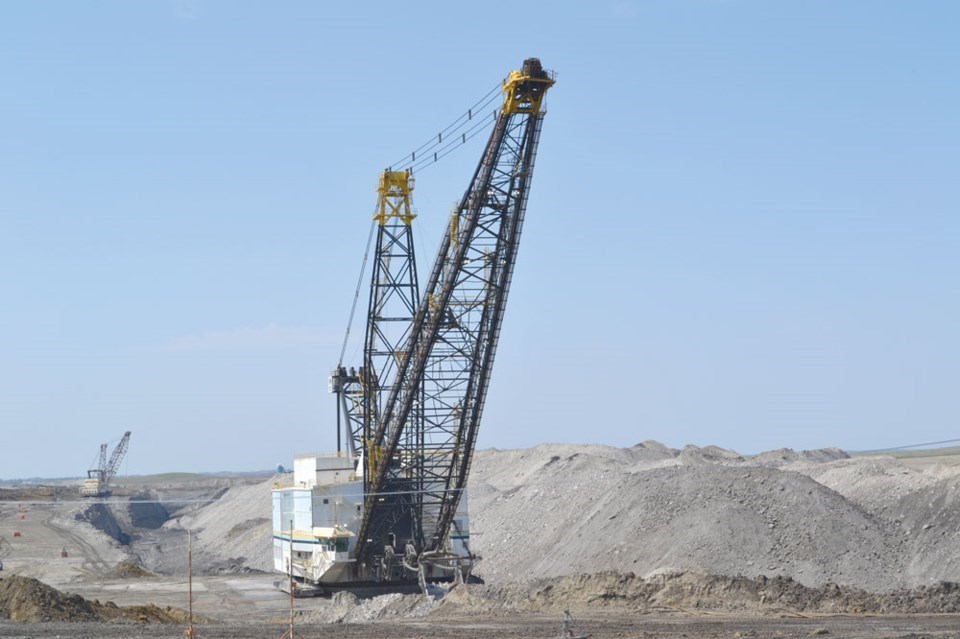REGINA — Saskatchewan is facing a judicial review for its recent decision to extend coal power generation in the province beyond 2030.
Federal regulations require all coal-fired power plants (except those equipped with carbon capture technology) to be shut down by 2030 to clean up Canada’s electricity grid, but Saskatchewan is not playing ball. In mid-June, news broke that the government and SaskPower plan to continue using coal-fired generation past the deadline and a handful of individuals and organizations filed for a judicial review to try and stop this from happening.
The application, filed on July 18 by three individuals plus the Saskatchewan Environmental Society and Citizens for Public Justice, argues the province’s decision is “unreasonable” and should be reviewed by the courts due to a lack of public consultation, a disregard for Canadian and international law and potential implications on Canadian Charter rights.
“The climate crisis is urgent and we need our institutions, including the judicial system, to respond,” said Glenn Wright, the lawyer representing the applicants, in a press release. “It is truly time for all hands on deck and we cannot let the coal decision stand without some judicial scrutiny. These applicants are taking an important stand for the benefit of all Canadians.”
The individual applicants are a 12-year-old from Saskatchewan, Saskatoon resident Sherry Olsen and a farmer from Manitoba.
“The emissions from coal burned in Saskatchewan don't stay within Saskatchewan's borders,” said Matthew Wiens in the press release. “They cross over into Manitoba and beyond, and impact the atmosphere that we all share.”
He said the wildfire smoke that blankets much of Canada makes him fear for his children's long-term health, citing cancelled sports practices due to poor air quality. And as a farmer, he’s feeling the effects of climate change driven largely by greenhouse gas emissions from burning fossil fuels like oil, gas and coal.
“Weather extremes of heat, torrential rains, and drought are impacting my crops and livestock with increasing frequency,” Wiens said.
The application is set for an initial hearing in Chambers at the Court of King’s Bench in Saskatoon on Aug. 12, 2025, to address any preliminary issues and determine when the hearing of the application might be scheduled, according to the press release.
The province did not immediately respond to a request for comment on the application. This article will be updated when comment is provided.
Saskatchewan Premier Scott Moe and Alberta Premier Danielle Smith have opposed the federal Clean Electricity Regulations at every opportunity. Both premiers say the 2030 deadline is unrealistic and they will work towards net-zero grids by 2050.
Ontario was the first province to phase out coal-fired electricity under Premier Kathleen Wynne in 2014. Last summer, Alberta transitioned its last coal plant to natural gas to complete the coal phase-out. New Brunswick, Nova Scotia and Saskatchewan still use coal-fired electricity.
Citizens for Public Justice was an intervenor in a landmark challenge brought by seven young Canadian activists against Ontario Premier Doug Ford’s rollback of the province’s 2030 emissions target.




